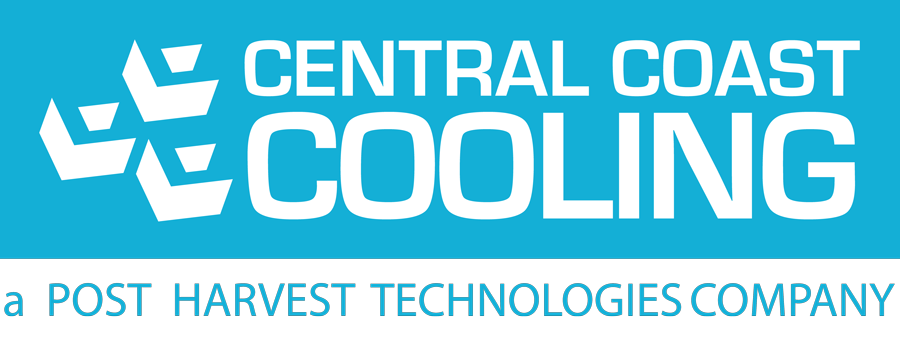In the United States, the journey of fresh produce from farm to table is a complex process that demands meticulous handling to ensure both quality and safety. Central to this process are pre-cooling and cold storage technologies, which are instrumental in preserving the freshness of fruits and vegetables post-harvest. Neglecting these essential steps can lead to significant health risks, including the proliferation of foodborne illnesses.
Accelerated Microbial Growth Without Proper Cooling
Freshly harvested produce is inherently perishable and provides an ideal environment for microorganisms such as bacteria, yeasts, and molds. Without prompt pre-cooling to remove field heat, and subsequent cold storage to maintain low temperatures, these microorganisms can multiply rapidly. Elevated temperatures and high humidity levels exacerbate this growth, increasing the likelihood of contamination by pathogens like Salmonella, Listeria monocytogenes, and Escherichia coli (E. coli). Consumption of contaminated produce can result in severe foodborne illnesses, manifesting as gastrointestinal distress, fever, and in extreme cases, life-threatening conditions.
Nutrient Degradation and Its Health Implications
Beyond microbial concerns, the absence of adequate cooling measures accelerates the natural metabolic processes in produce, leading to rapid degradation of vital nutrients. Vitamins such as C and A are particularly susceptible to breakdown at higher temperatures. For consumers, this degradation means a diminished intake of essential nutrients, potentially impacting overall health, especially in populations reliant on these foods for their primary nutritional needs.
Increased Susceptibility to Mycotoxin Contamination
Improper storage conditions not only favor bacterial growth but also create an environment conducive to mold proliferation. Certain molds produce mycotoxins, toxic compounds that can contaminate produce. Ingesting mycotoxin-laden food poses serious health risks, including acute poisoning and long-term effects such as immune deficiency and cancer. Maintaining appropriate temperature and humidity levels through effective pre-cooling and cold storage is crucial in mitigating these risks.
Economic Implications and Food Security Concerns
The deterioration of produce due to inadequate cooling not only threatens public health but also has economic repercussions. Spoiled produce leads to financial losses for farmers and distributors and contributes to broader food security issues. In a country where food waste is a pressing concern, ensuring the longevity and safety of produce through proper cooling practices is both an economic and ethical imperative.
The implementation of pre-cooling and cold storage technologies is a critical component in the post-harvest handling of fresh produce. These practices are essential in preventing the growth of harmful microorganisms, preserving nutritional quality, and protecting public health. As stakeholders in the agricultural sector, it is incumbent upon us to advocate for and invest in infrastructure that upholds these standards, ensuring that the produce reaching consumers is both safe and nutritious.
PHT Investment Group, LLC is dedicated to transforming the post-harvest infrastructure sector, focusing on innovations in pre-cooling and cold storage to enhance food safety and quality.
References:
U.S. Food and Drug Administration
CDC
Proliferation Contributing Factors
VDACS



Recent Comments